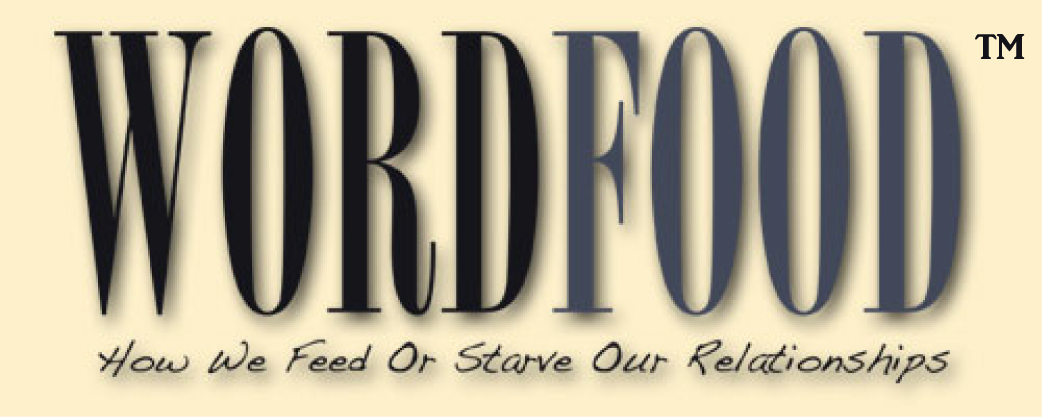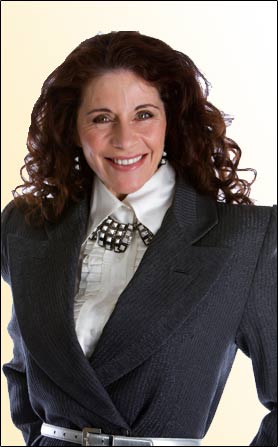It was a typical summer mountain afternoon. The skies were full of clouds with darkening bellies, which erupted into periodic showers. As we gathered under the roof at the Estes Park picnic spot to celebrate my brother’s life, the beautiful mountains that he loved surrounded us, and a swift stream ran nearby.
My big brother took his life last October. Today his friends, some new, many old, gathered to share tales. There were films and slideshows from his long climbing career, copies of his many climbing books. I brought photos of him as a youngster, pictures of his son as a baby, of Peter and me as kids.
There is nothing like a wake to wake you up to a family member.
Peter and I were estranged over stupid things: a combination of money and silence. We had disagreements over dollars as many families do. I respected my brother’s need for privacy, and so didn’t seek him out. The last time I saw him alive was an amicable lunch nine years ago. I have no idea what changed in the interim to cause his feelings to change towards me, but what I learned today was an object lesson in the one dimensional nature of the familial lens.
As new friends like Brent and Bear, and old friends like CT and his now grown up daughter stood to tell their tales about my brother, an entirely different person than “my” Peter began to emerge. I had experienced my brother’s failed nurse training, not those whose lives he had saved because of that same training. I had heard about my brother’s inability to stay employed, not the extraordinary work he accomplished with those who stood and talked about his talented craftsmanship. I knew he was a great writer, but I had no idea how he he had touched people with his poetry.
I shared funny stories about Peter’s childhood, something many of these folks knew little to nothing about. They in turn fed me the smorgasbord of tall tales, rich history and background that only friends could provide. What was achingly clear, and a sad lesson in how much I had missed of my brother’s life, was how varied his gifts had been, and more importantly, his indelible impact on a great many people across many disciplines.
This left me deeply enriched, but also thoughtful about how easy it is to put a loved one in a box, and then put a permanent label on that box. “Yeah, Brad’s the black sheep of the family,” you say. True enough twenty years ago, but what if Brad found his way, is leading a wholly different life now, and you’re still boxing Brad in based on a familial experience? Brad has no permission to evolve. You can’t evolve either.
In some elemental ways, Peter had not changed one bit. But his friends’ stories, their love for my big brother and the great ache they felt at his choice to leave early were transforming. One line that Bear shared with us that brought the house down was, “Goddammit, Pete!” We’d all said it at one time or another, out of frustration, or love, or amusement. When Brent and Bear got the news of Peter’s passing, that was their instantaneous reaction. Classic.
As I bask in the emotion of the day, my gratitude for new friends is considerable. But more so I am grateful for the extraordinary lesson in how easy it is to think we know who someone is. I hardly knew my big brother. Each of us today brought a different piece of him to light, and we all basked in the laughter and tears. How much more would I have shared of his story had I reached across the silence and dealt with that frustratingly stubborn man? I will never know. But I do know that it would have been well worth the try.

